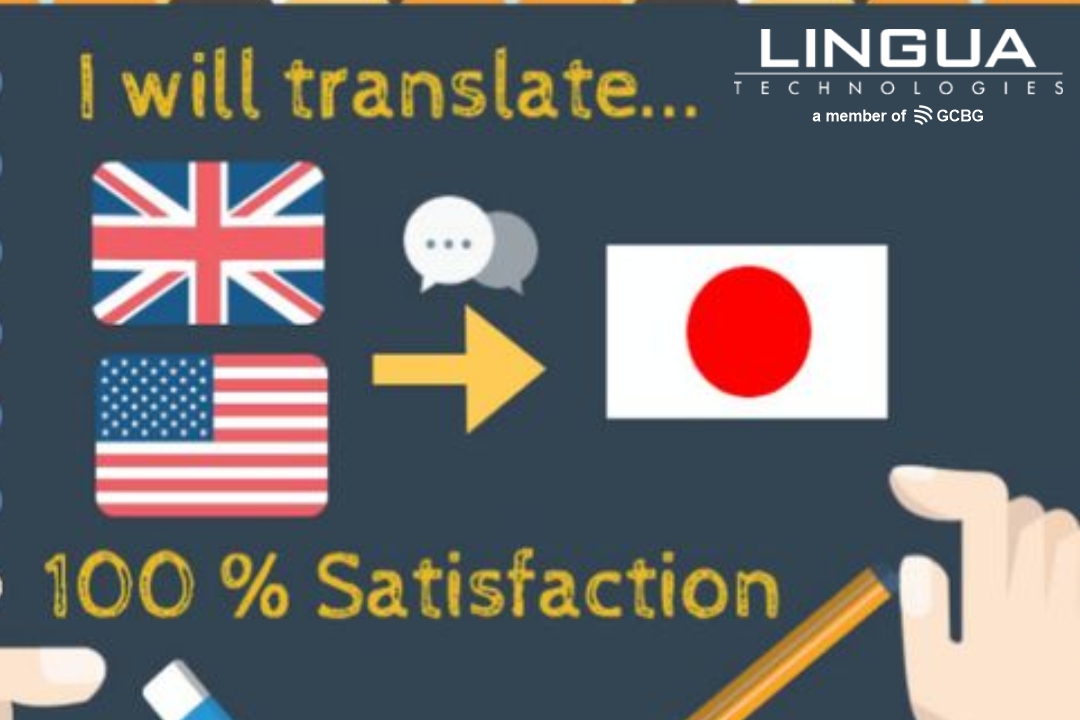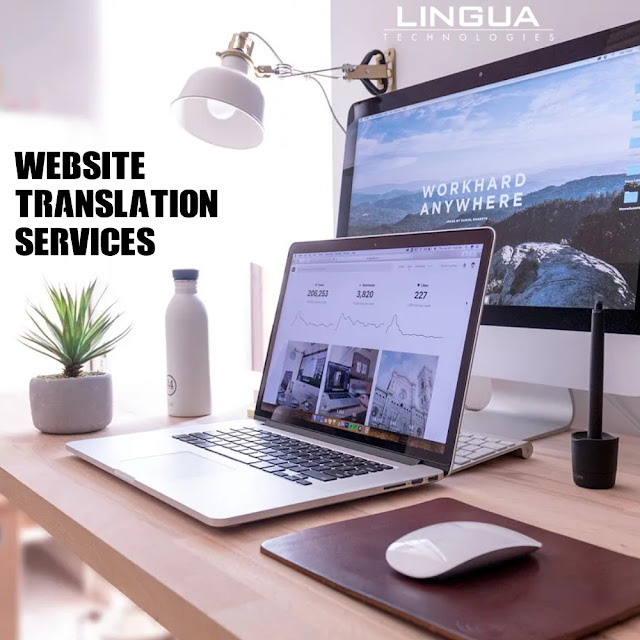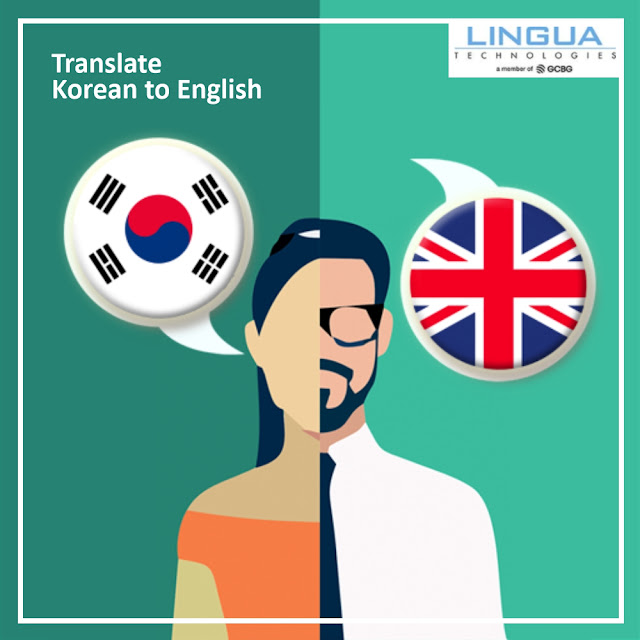The Significance of English to Traditional Chinese Translation
In a world that thrives on global connectivity, effective communication is the key to unlocking numerous opportunities. One critical aspect of bridging linguistic gaps is the translation from English to Traditional Chinese. This blog delves into the importance of this translation, exploring its impact on businesses, cultural exchange, and international relations.
Understanding the Dynamics of Translation
The Essence of English to Traditional Chinese Translation
At its core, English to Traditional Chinese translation is not merely a linguistic conversion; it's a cultural and contextual transformation. It involves transferring not just words but the nuances, idioms, and cultural references that make communication rich and meaningful.
Cultural Sensitivity in Translation
Accurate translation goes beyond language proficiency; it requires a deep understanding of cultural nuances. English to Traditional Chinese translation demands sensitivity to Chinese customs, values, and historical context, ensuring that the translated content resonates authentically with the target audience.
Facilitating Global Business Communication
Breaking Barriers in International Business
English serves as a global lingua franca, but for businesses targeting Chinese markets, Traditional Chinese translation is indispensable. It opens doors to a vast consumer base and allows companies to establish a genuine connection with their audience.
Market Expansion and Localization
Successful market expansion involves more than launching products; it requires adapting content to resonate with the local audience. English to Traditional Chinese translation facilitates this localization process, ensuring that marketing materials, product information, and customer communication align with the cultural preferences of Chinese consumers.
Navigating Regulatory Compliance
In the business world, compliance with local regulations is non-negotiable. English to Traditional Chinese translation ensures that legal documents, contracts, and compliance-related materials meet the requirements set by Chinese authorities, mitigating the risk of legal complications.
Cultural Exchange and Understanding
Preserving Cultural Identity
Language is a vessel for culture, and translation plays a pivotal role in preserving cultural identity. English to Traditional Chinese translation allows for the dissemination of English-language content while retaining the richness and uniqueness of the Chinese cultural context.
Fostering Cross-Cultural Connections
Translation acts as a bridge that fosters cross-cultural connections. It enables the exchange of ideas, literature, and art between English and Chinese-speaking communities, contributing to a more interconnected and understanding global society.
Enabling Access to Knowledge
In the digital age, information knows no borders. English to Traditional Chinese translation broadens access to knowledge by making a wealth of English-language content—from academic research to literature—available to Chinese speakers, fostering intellectual exchange.
Overcoming Linguistic Challenges
Transcending Language Barriers
Language barriers can impede collaboration and hinder the exchange of ideas. English to Traditional Chinese translation facilitates effective communication, allowing individuals, businesses, and governments to collaborate on a global scale.
Educational Opportunities
For students and professionals seeking education and career opportunities in English-speaking countries, accurate translation of academic and professional documents is crucial. It opens doors to educational institutions and employment opportunities that may otherwise be inaccessible.
Healthcare Access and Information
In the realm of healthcare, access to accurate information is a matter of well-being. English to Traditional Chinese translation ensures that medical information, prescriptions, and health guidelines are comprehensible and culturally sensitive, contributing to better healthcare outcomes.
The Future of English to Traditional Chinese Translation
Advancements in Language Technology
As language technology advances, machine translation tools are becoming more sophisticated. The future of English to Traditional Chinese translation involves the integration of AI-driven tools that enhance speed and accuracy while maintaining cultural nuances.
Professional Translation Services
Despite technological advancements, the human touch remains irreplaceable in translation. Professional translation services offer not only linguistic expertise but also cultural insight, ensuring that translations are not just accurate but also culturally resonant.
Conclusion
In conclusion, the importance of English to Traditional Chinese translation extends far beyond linguistic convenience. It is a powerful tool for global businesses, a catalyst for cultural exchange, and a means to overcome linguistic challenges. Embracing translation is not just about breaking language barriers; it's about building bridges that connect diverse cultures, fostering understanding, and unlocking a world of possibilities.
FAQs
Why is English to Traditional Chinese translation important for businesses?
English to Traditional Chinese translation is crucial for businesses aiming to expand into Chinese markets. It ensures effective communication, compliance with local regulations, and a culturally resonant connection with the target audience.
How does translation contribute to cultural exchange?
Translation preserves cultural identity by transferring the nuances of language and context. It acts as a bridge for cross-cultural connections, fostering understanding and appreciation between English and Chinese-speaking communities.
Can machine translation replace professional translation services?
While machine translation tools are advancing, the human touch in professional translation services remains indispensable. Professional translators provide not only linguistic accuracy but also cultural insight for authentic and nuanced translations.
How does translation impact healthcare access and information?
Translation ensures that medical information is comprehensible and culturally sensitive, contributing to better healthcare outcomes. It facilitates access to accurate information, prescriptions, and health guidelines for non-English speakers.



Comments
Post a Comment